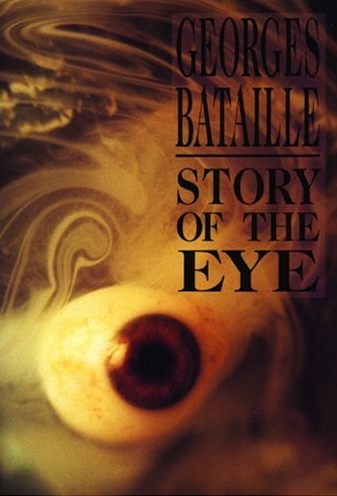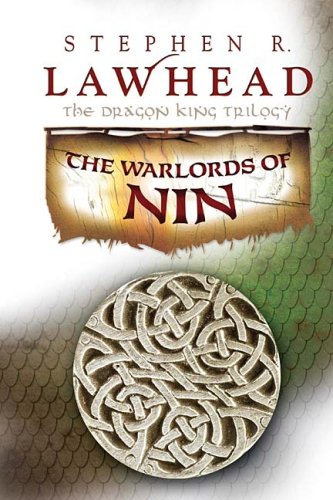 Q. What is this site?
Q. What is this site?
The graphomania of MawBTS, including fictional stories and essays on popular enterdrainment
Q. Is Empty World suitable for people over the age of 18?
I have tried to make it adult-friendly but you may want to have a child supervising you.
Q. What are your influences?
Edgar Allan Poe, Stephen King, Junji Ito, Suehiro Maruo, single moms who discover 1 weird trick to eradicate wrinkles (and are hated by dermatologists etc). I also enjoy books by racists and misogynists. I usually find these books to be interesting, and not racist and misogynistic at all. I don’t believe everything I hear.
Q. Where do you live?
Here.
Q. How did this site begin?
The domain was registered in 2005 to host a fansite for a video game. Empty World appeared in 2006. 8 years later, the internet is a changed place. Nobody would build a HTML fan page for a game any more. In 8 years more there will be nobody reading books. In 16 years more there will be nobody reading. In 24 years more there will be nobody.
Q. What do you hate?
Once, I would hug trees, and when the trees didn’t hug back my feelings were hurt. Then I saw a tree hug someone and I felt glad.
Q. There’s a problem with the site, what do?
A. Let me know and I’ll get tech support right on to it.
 No Comments »
No Comments »
 Story of the Eye is an short erotic anomalysm from the 1920s. I say erotic, but the emotions it stirred in me were disgust and disquiet. I read it in an hour, and when I put it down, I felt like my hands had been touching hospital waste.
Story of the Eye is an short erotic anomalysm from the 1920s. I say erotic, but the emotions it stirred in me were disgust and disquiet. I read it in an hour, and when I put it down, I felt like my hands had been touching hospital waste.
It’s about an unnamed man and a not-unnamed woman (Simone), who engage in relations vaguely resembling sex. Much what they do is unnatural and illegal. Other characters include the mentally retarded Marcelle, a bullfighter, and a priest. People die in this story. Bataille juxtaposes these deaths with more fucking so that copulation and expiration seem like two sides of the selfsame coin. Some of what happens serves a symbolic purpose, although often it’s not clear what the purpose is.
Backstory helped me understand Story of the Eye. Bataille’s father was blind, and it seems his father’s huge, sightless eyes were a formative experience for the young man. Eyes (and eyelike objects, such as eggs and testicles) are everywhere in this story…even in its title. Bataille’s father also liked to piss himself, and thus Story of the Eye contains enough urine to hydrate Bear Grylls on a triple Ironman. Bataille also uses the book to get in some shots at social mores like mental institutions and organised religion. All the protagonist and his amorata want are sexual gratification. Priests and gaolers want to fix people.
I believe CS Lewis wrote something about how dangerous “fixers” are. If you just want to satisfy your lust you will reach a moment of consummation and then stop, but if you have a lofty and righteous goal then you’ll continue on forever until the world is a charnel house and a crematorium. In this way, Baitalle absolves his perverted main characters of their sins…or at least renders them venal.
The book’s final pages see Simone strangling a Catholic priest as part of a goetic sex ritual, and we are clearly not meant to feel sympathy for the priest. It seemed like a parody of a archetypal Western ending. Batman punching out a bank robber, John Wayne delivering frontier justice from a .45, something like that. Good guys win, bad guys lose.
But when all is done and said, Story of the Eye doesn’t seem to be about anything. Bataille presents us with a series of gross and disturbing sequences, and they’re mostly (and deliberately) meaningless, either that or they are so clouded in metaphor that only Bataille understood them. Likewise, if you’re expecting a story that builds to a conclusion – any conclusion – then the joke’s on you, my friend. Story of the Eye was written to transgress boundaries, never mind what it finds when it crosses them.
Story of the Eye is rightly legendary. Reading it is an experience that can’t be forgotten. However, I feel it’s only a partial experience. Story of the Eye’s secrets could likely only be decoded in full by the author: a man who is fifty years dead.
No Comments »
 My first Stephen Lawhead books were his first too. I really liked the three Dragon King books when I read when at age 10. I don’t think I would have liked them so much now. They’re made to fill the niche of “my first fantasy series” and if you have already read 500 fantasy books you need this series like a 21st century logger needs a flint axehead.
My first Stephen Lawhead books were his first too. I really liked the three Dragon King books when I read when at age 10. I don’t think I would have liked them so much now. They’re made to fill the niche of “my first fantasy series” and if you have already read 500 fantasy books you need this series like a 21st century logger needs a flint axehead.
The first book tells the tale of a young man called Quentin who must save a king (and a kingdom) from an evil sorcerer called Nimrood. The other volumes find more adve(ntures/rsaries) for him to overcome and more lessons for him learn. He is assisted by supporting characters such as the knight Ronsard and the Atreyu-like Toli. I don’t recall there being any actual dragons, but there are surely enough luscious maidens to support one or two.
The books go heavy on the Christian allegorising, more than any later Stephen Lawhead novel. Quentin is meant to stand in for any Christian struggling in his faith, and it soon becomes clear that the nation of Askelon must undergo a spiritual salvation as well as a carnal one. It’s a more subtle than The Chronicles of Narnia or The Archives of Anthropos. You won’t read any one thing and think “that represents the original sin” or anything like that.
The first two books are better than the third. They feature scary bad guys and a real sense of menace. Book three resolves a few loose ends but it never really seemed particularly necessary to me. Quentin puts some seditions lords in their place, slays a resurrected (and utterly pathetic) Nimrood, and learns an Important Lesson(tm) about pride…great. Books one and two are a stag party with good friends. Book three is those same friends quibbling over the bill.
The books’ strength is their fast pace. The basic story is utterly familiar, but it moves. It goes from point to point quickly and efficiently. This is no 900 page Robert Jordan fantasy travelogue. Worldbuilding is minimal, and the characters are sketched out to the barest outline necessary to support their role in the story.
If you like imaginative fantasy you will have lots of fun with these books…using them to prop up a broken table so you can read The Song of Albion. Good for what they are, though.
No Comments »
 Q. What is this site?
Q. What is this site?


